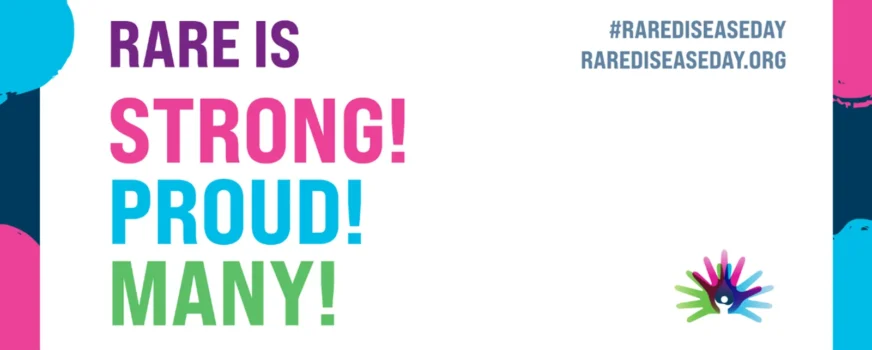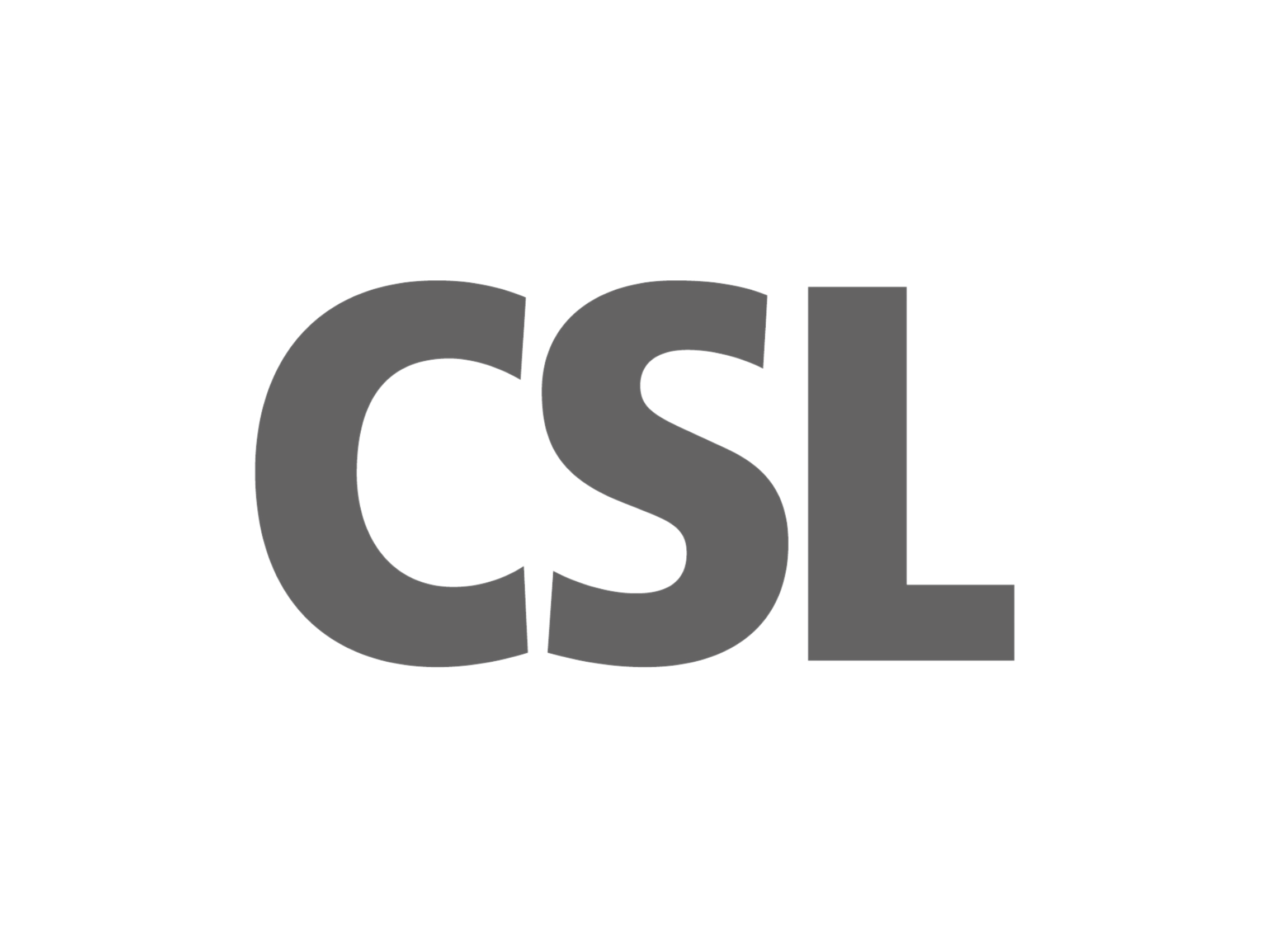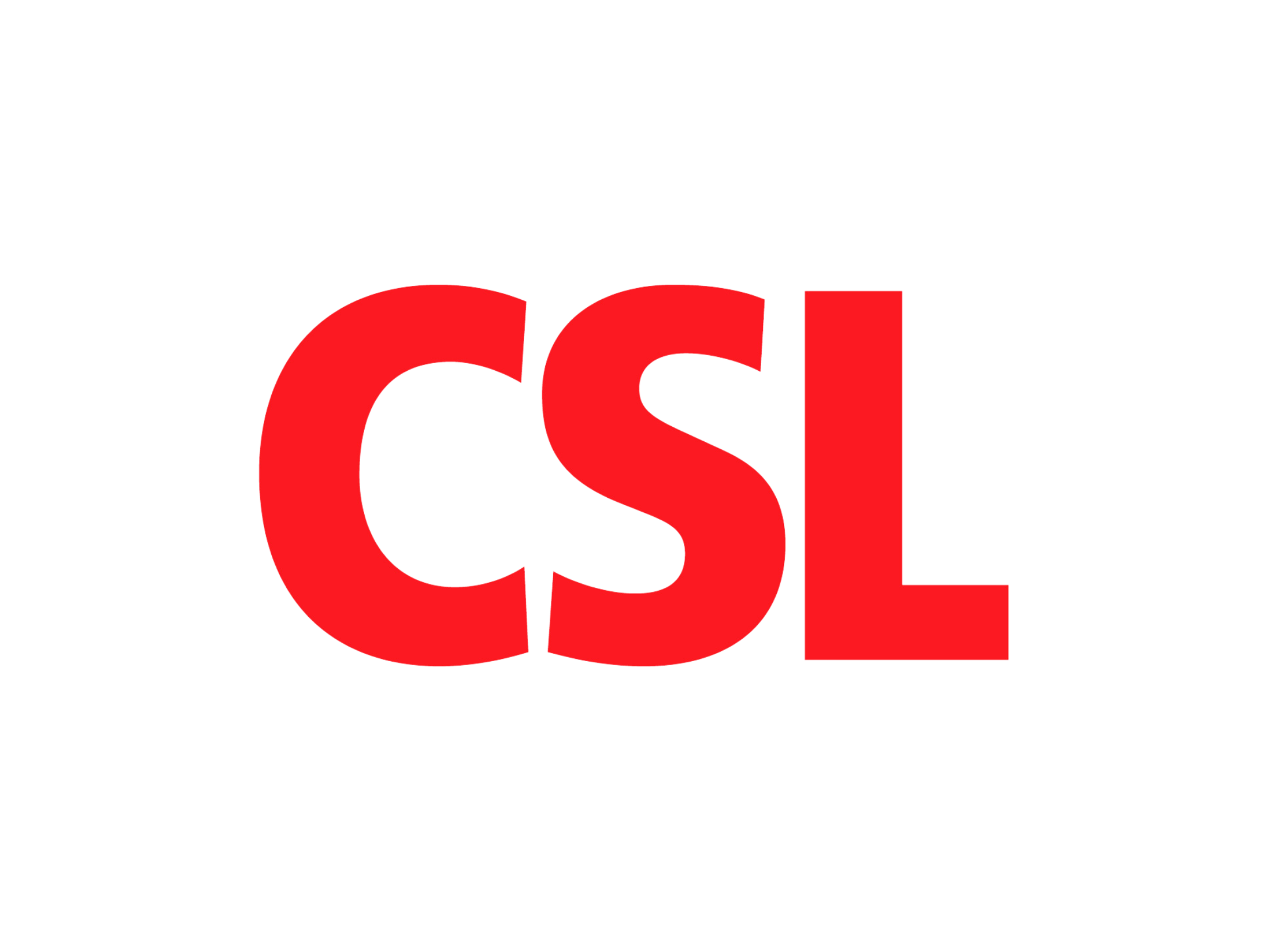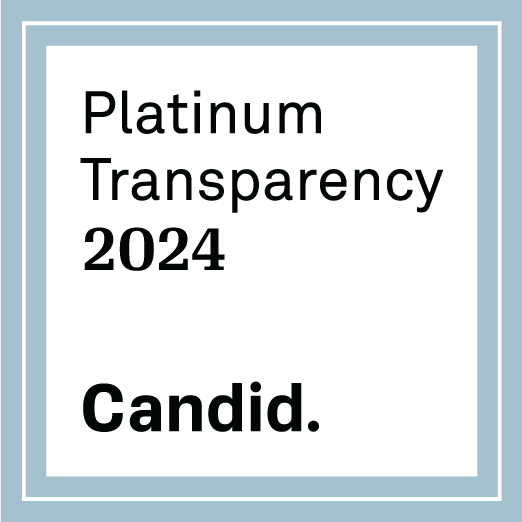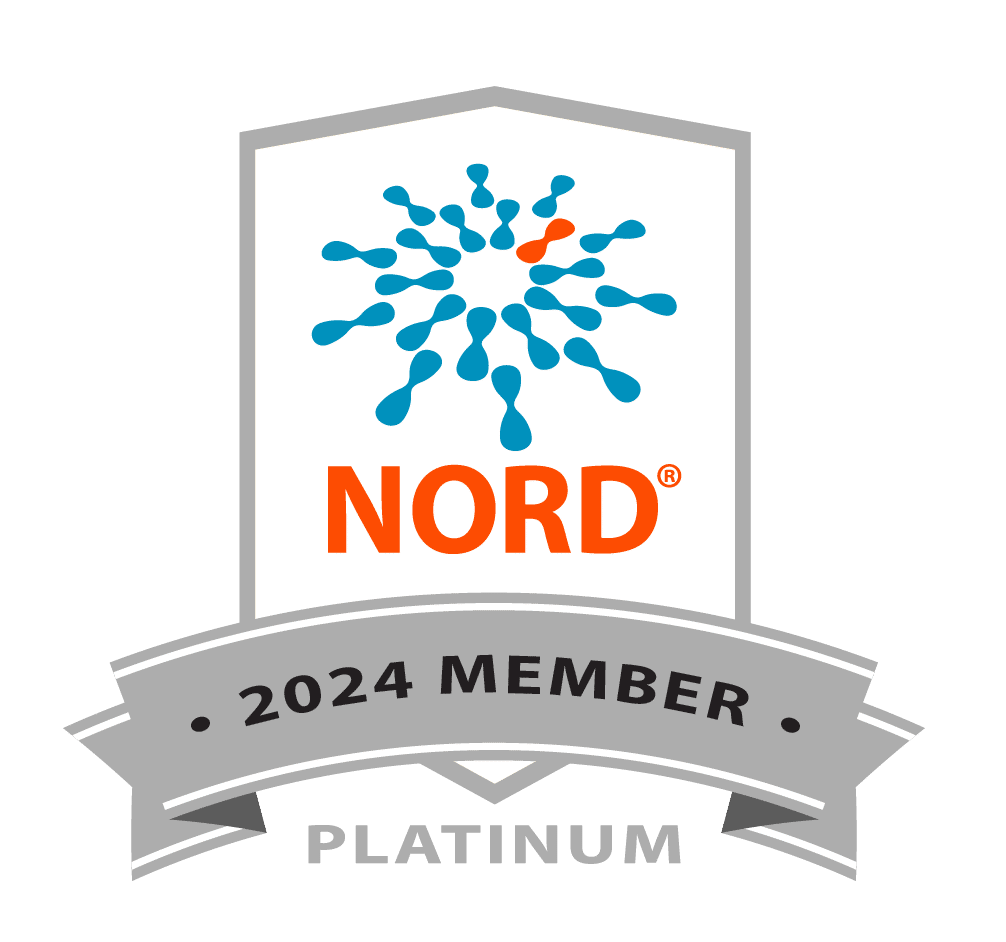CSL Behring asked the leaders of patient advocacy groups – and CSL staff – to explain why rare conditions deserve attention and recognition as a global health concern. Rare Disease Day unites patients across thousands of rare conditions but also aims to reach a broader audience. With that in mind, we asked the leaders of rare disease advocacy groups to share how they would explain Rare Disease Day to someone who doesn’t know much about rare conditions.
Why do rare diseases deserve action and attention?
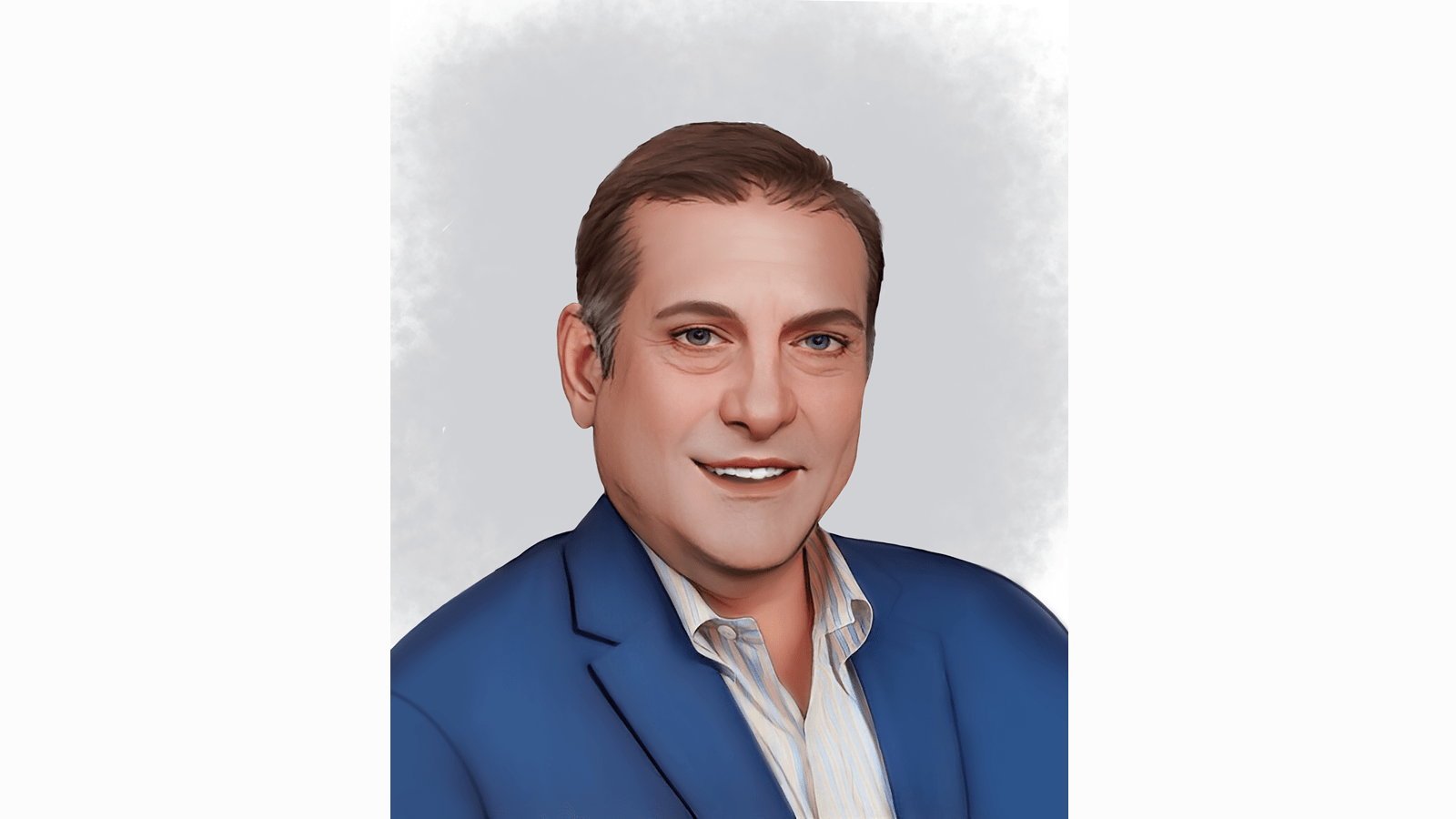
Scott Santarella, CEO, Alpha-1 Foundation
There is a distinct uniqueness associated with anything in life that is rare or sparse. In the rare disease world, you will find incredibly passionate people committed to making a difference in the lives of those suffering from these uncommon conditions. For these very reasons, the nature of an underserved unappreciated community deserves our attention and the resources necessary to improve and save lives.
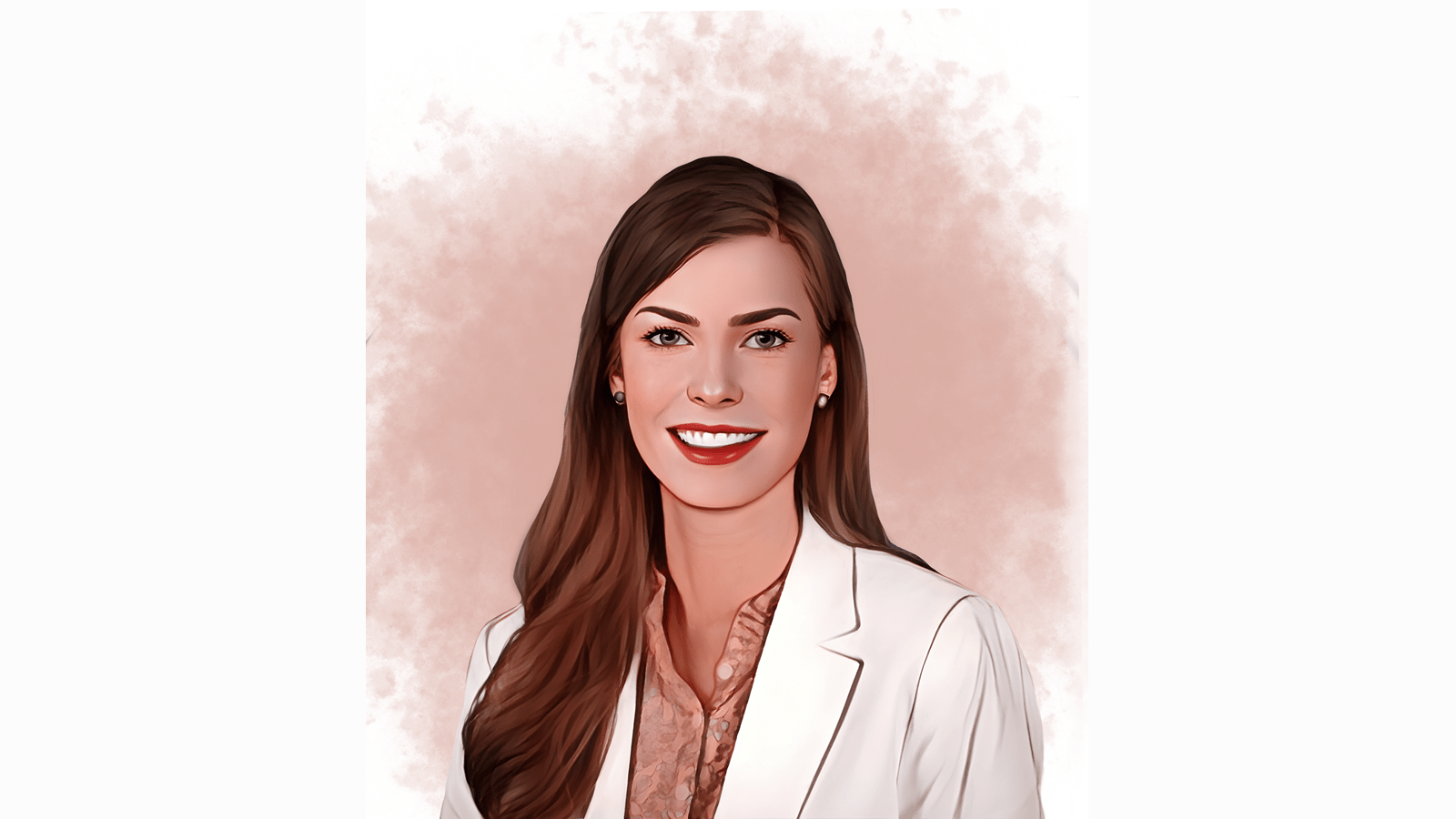
Jorey Berry, CEO of the Immune Deficiency Foundation
Rare conditions aren’t as rare as one might think. Those with rare diseases, worldwide, would make up the third largest country on Earth, with more than twice the U.S. population. One in 10 people have a rare disease. That’s an astounding statistic to me. Additionally, I’m often amazed at how many treatments for more common conditions were discovered and researched first as a novel treatment for a rare disease. What starts with us can have far-reaching impact.
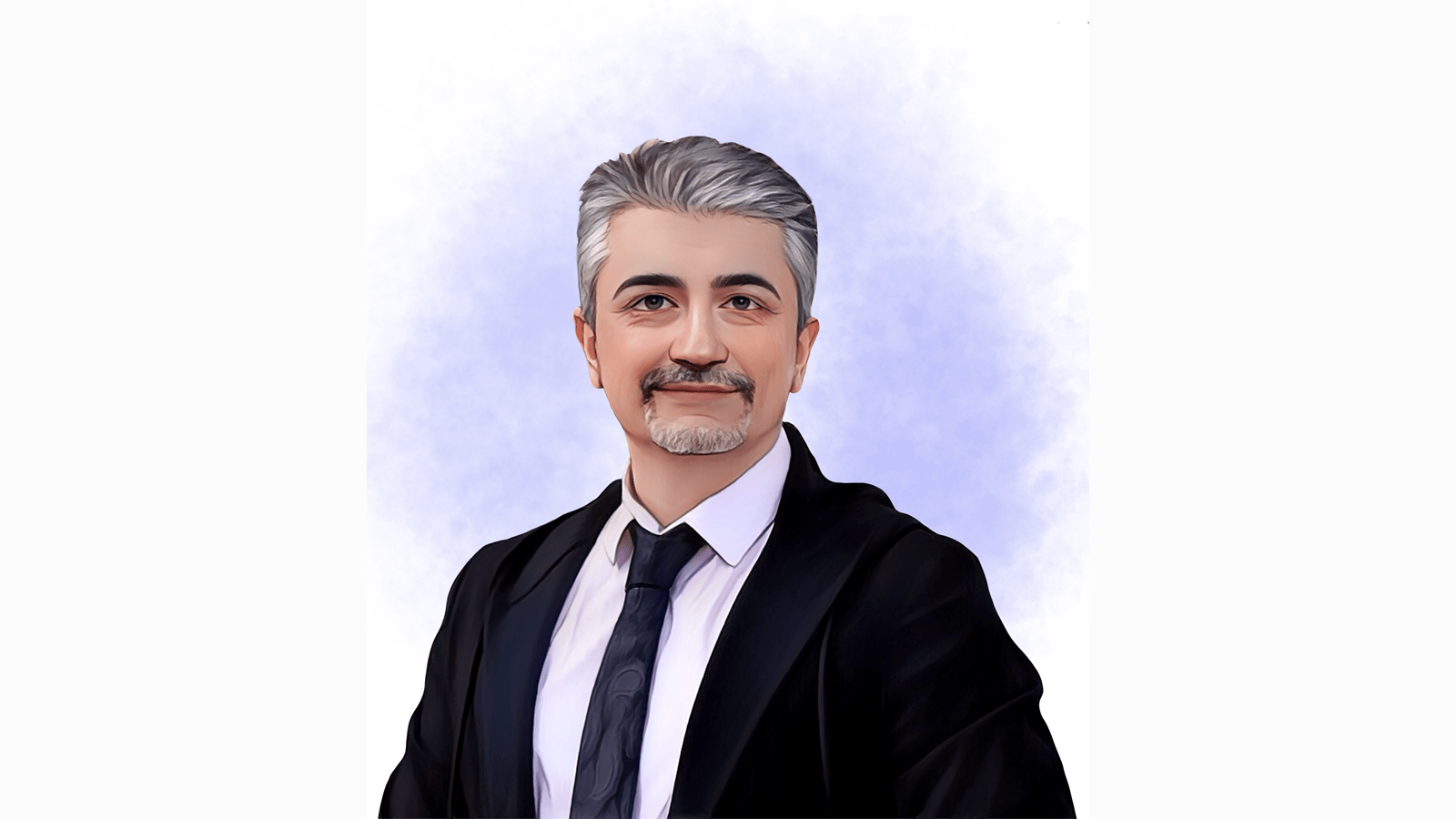
Karen Pinachyan, CSL Behring’s Head of Global Medical Affairs, Hematology
- Rare diseases are rare, but patients who suffer from rare diseases, are common. They deserve more attention as many patients suffer from them.
- Studying rare diseases often leads to discoveries that have broader applications beyond that specific condition. Insights gained can contribute to understanding more common diseases and improving and changing the way healthcare is delivered overall.
- Raising awareness and advocacy in rare diseases is crucial for better patient and family support, increased research funding, improved access to treatment, and fostering a more understanding and inclusive society.
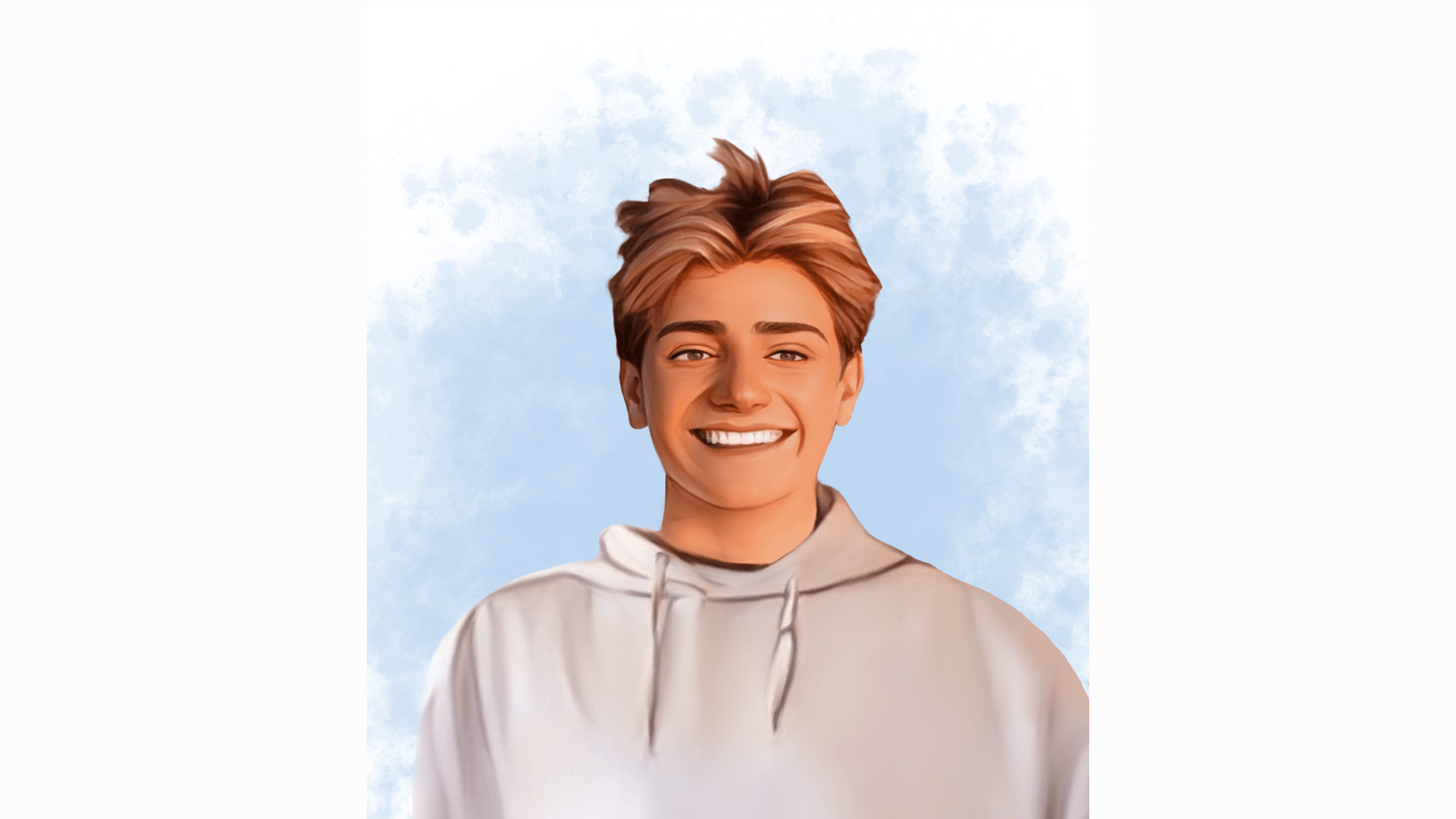
Arran Strong, Surfer, Lovexair Ambassador and advocate for people who have Alpha 1 Antitrypsin Deficiency
I would suggest that being rare is an opportunity not a weakness. Rare diseases have to be taken seriously as they can become more severe by time.
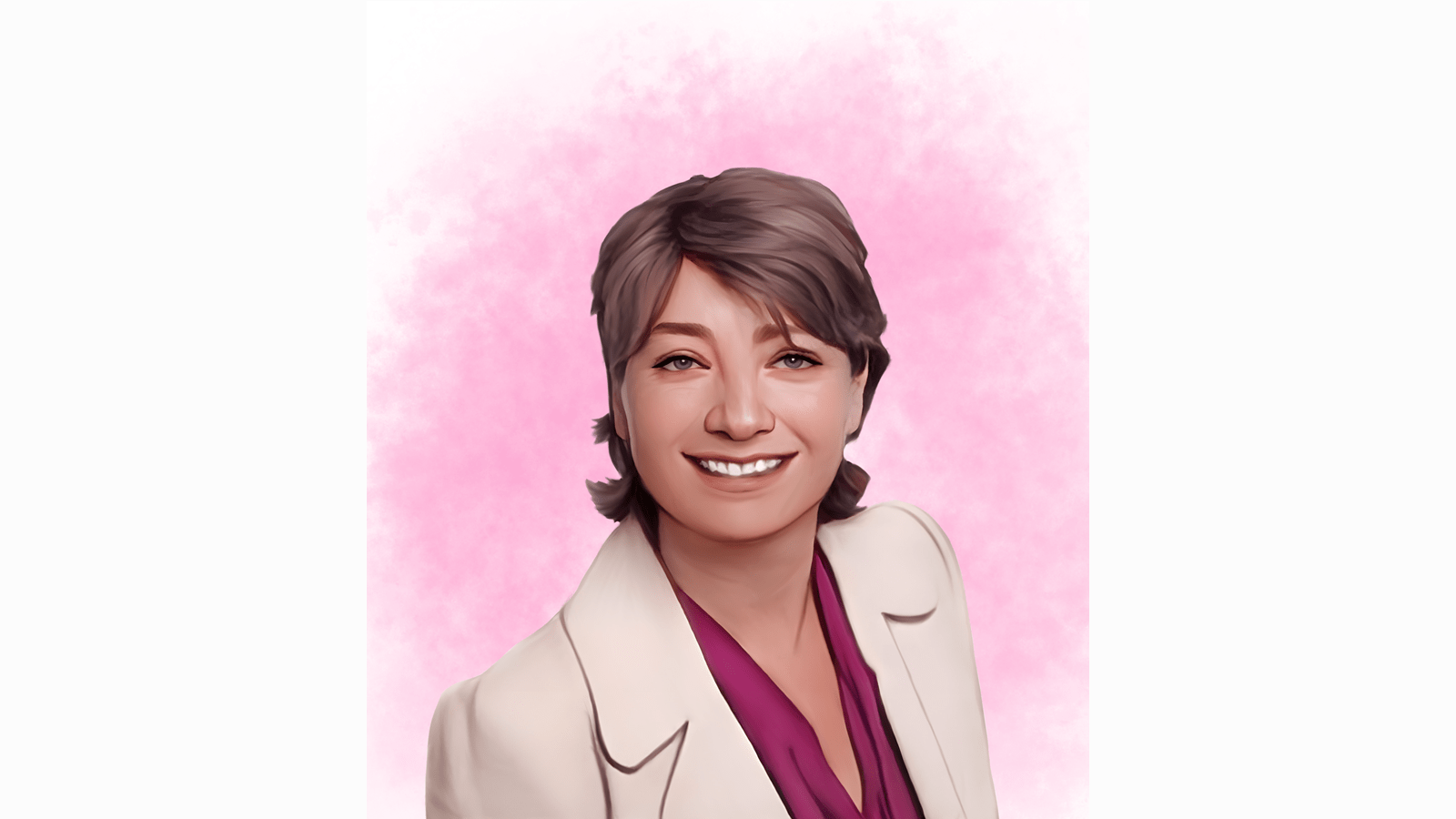
Shane Fitch, President of Lovexair, an advocacy organization for people with respiratory diseases
In a world of differences and inequality, it’s important to realize our privileges when we have good health. Empathy for those born at a disadvantage means we should help them receive the care and support they need to progress in the best way possible. Getting access to appropriate care or treatment is extremely difficult for the majority of people in the world. If we all realize these issues and are able to support a caring society, we should be able to change systems and policies and help those who are most in need. This is a basic human right. To achieve this, we must work together.
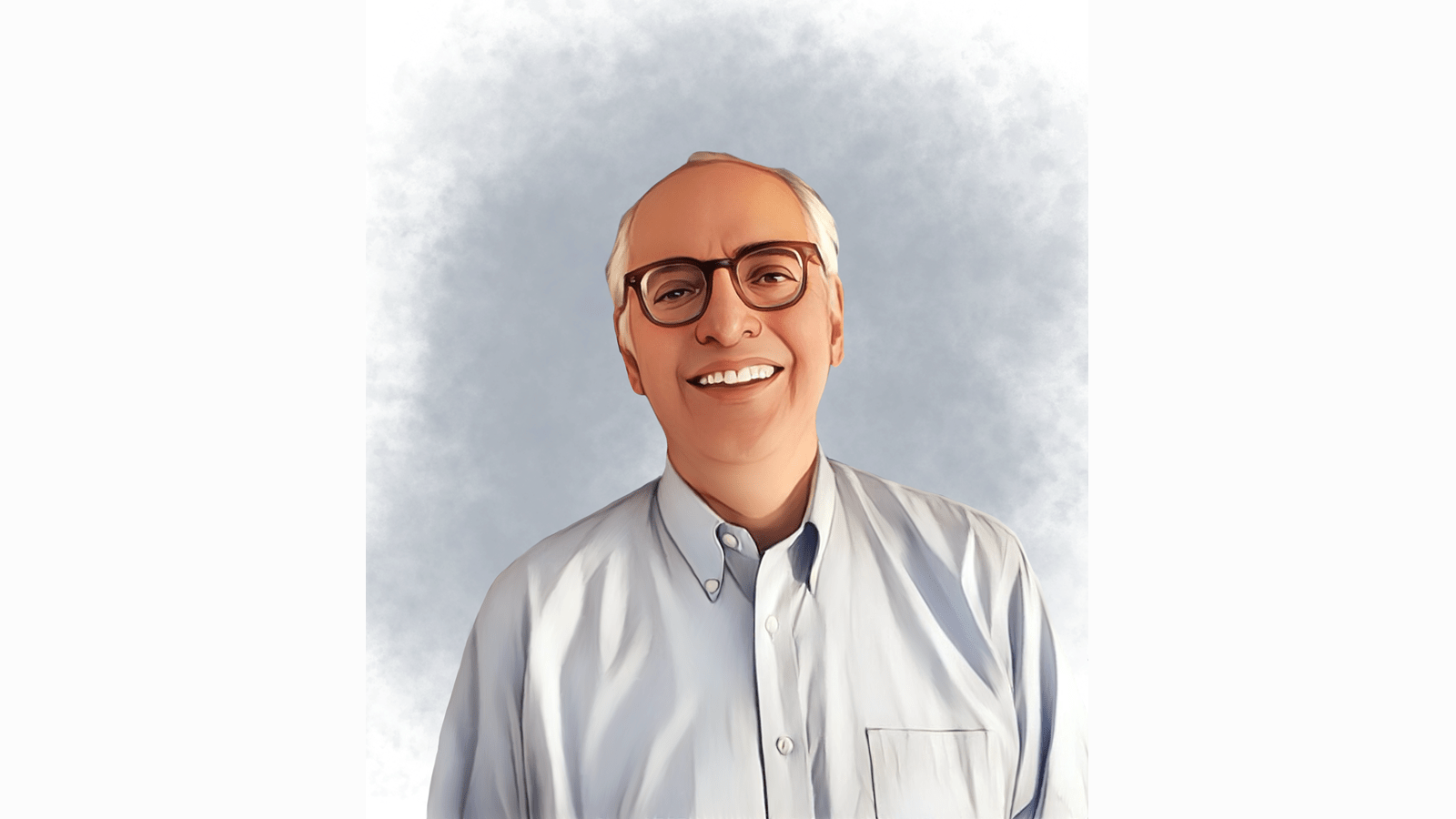
Alain Baumann, CEO of the World Federation of Hemophilia
Many people have a general idea of what hemophilia is—but very few people know about other, less well-known bleeding disorders, or the fact that thousands of individuals around the world suffer every day because they don’t have access to even basic care. The WFH vision of Treatment for All is of a world where all people with inherited bleeding disorders have access to care, regardless of their type of bleeding disorder, gender, age or where they live. For this to happen, there must be equitable access for all. This is a message that we would like to get out on Rare Disease Day. It’s also one we will communicate on World Hemophilia Day on April 17 through our theme, “Equitable access for all: recognizing all bleeding disorders.”
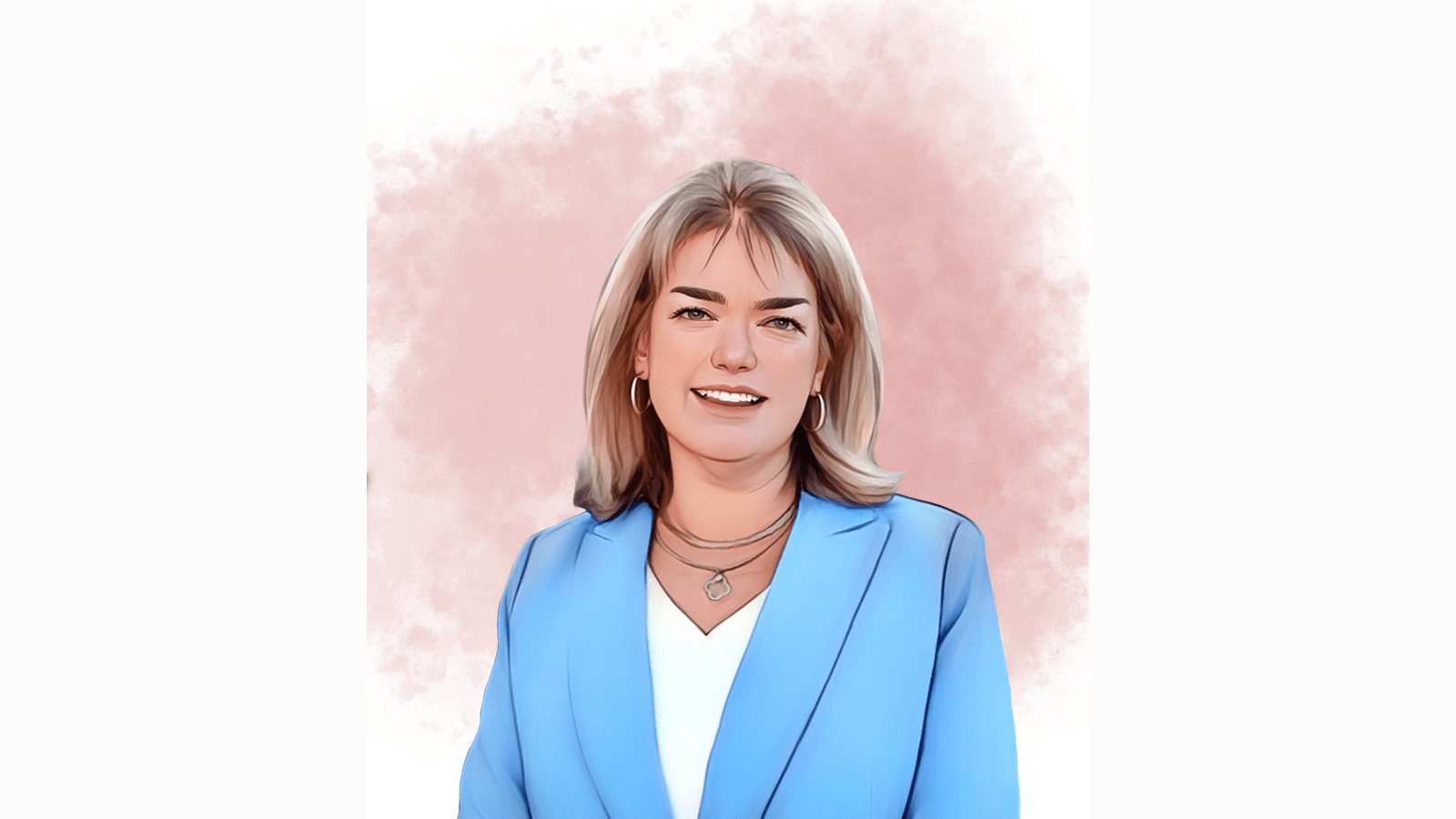
Lisa Butler, Executive Director of the GBS/CIDP Foundation International
Having any disease can be frightening but having a rare disease is not only traumatic and scary, but also isolating. You can feel as if no one in the world would ever understand what you might be going through. For better awareness, more accessible support, and better treatments, we must all play our role and lift up these communities so they may also be in the light and know that they are cared for and that they matter.
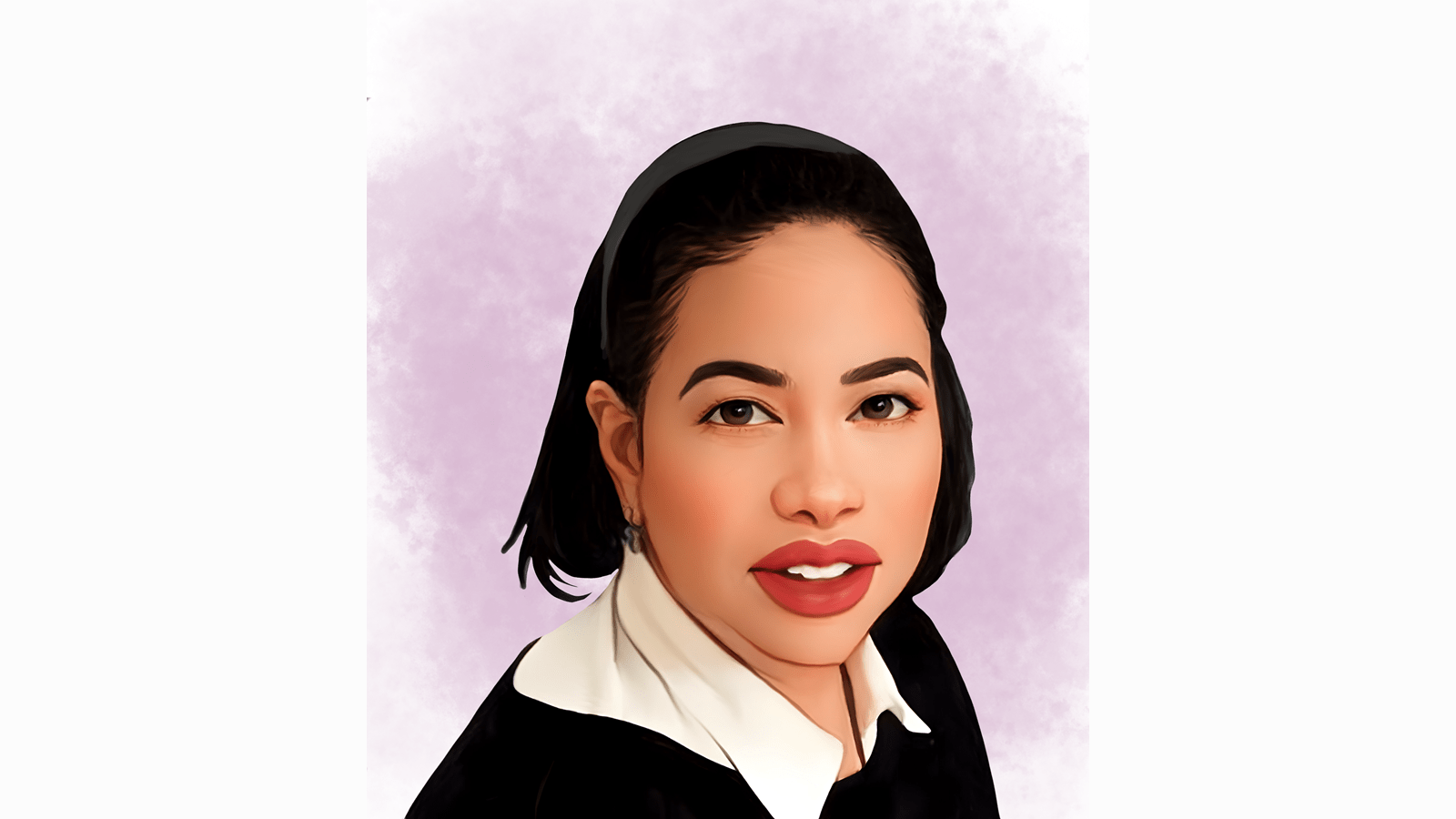
Paula Manchester, CSL Global Platform Leader, Plasma Product Development
Rare diseases impact patients and their loved ones as much as well-publicized conditions. All diseases have a ripple effect on the diagnosed person and their network. In the case of rare diseases, it can be even more weighty given that much may not be known about the condition – both in the general public and the medical community. Attention and action is warranted so that impacted people do not feel isolated and forgotten. Awareness should be raised to ensure resources are also dedicated in these areas to discover and distribute solutions.
More on this story by Debra Moffitt at https://www.csl.com/we-are-csl/vita-original-stories/2024/rare-disease-day-reasons-for-action.
